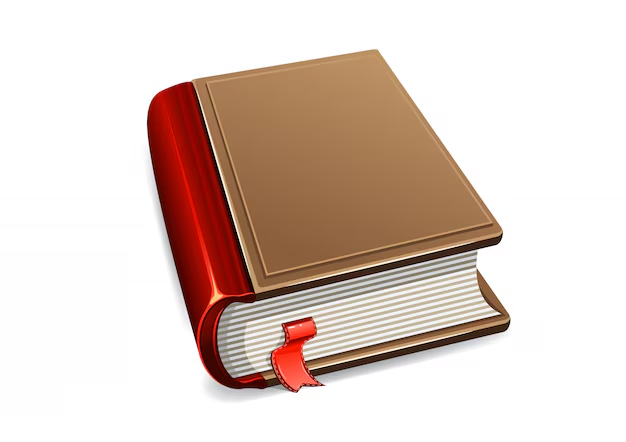When was the last time you stopped and thought about how much your life has been shaped by education? I don’t mean just school. I mean the little things too—the YouTube tutorial that saved your weekend DIY project, the random podcast that made you rethink your job, or even the late-night rabbit hole on Wikipedia that left you oddly informed about the history of pencils. Yeah, that counts too.
The funny thing is, we usually box education into this rigid system of teachers, grades, and certificates. But let’s be honest, life is a whole lot messier than that. And so is learning.
The Story We’ve Been Sold About Education
Think back to when you were a kid. Education was explained to most of us as a straight line: go to school, get good grades, graduate, then go to college or find a job. End of story. Sounds simple, right? Except… it’s not.
Because here’s the twist: education has always been more than memorizing equations or writing essays. It’s about figuring out how to think, adapt, and sometimes just survive. The best lessons aren’t always the ones from textbooks either. They’re the ones from the moments we didn’t expect.
For example, I learned more about patience and teamwork while working in a terrible fast-food job as a teenager than I ever did in my high school group projects. And that’s kind of the point—real education often sneaks up on you when you’re not paying attention.
What’s Actually Changing in Education
Now, let’s zoom out a little. In 2025, the way we learn looks nothing like it did even a decade ago. If you feel like the rules are changing, you’re not imagining it.
Here are some big shifts:
-
Online Learning Everywhere – Not just Zoom classes during the pandemic. I’m talking full-on degrees, coding bootcamps, or even niche masterclasses taught by people you’d actually want to learn from. (Like, who wouldn’t want to learn filmmaking from Martin Scorsese?)
-
Self-Directed Learning – People are starting to realize they can piece together their own curriculum. You want to become a digital marketer? Sure, grab a couple of free YouTube courses, add a paid certification, practice on a side hustle, and boom—you’re more employable than someone with a fancy diploma.
-
Micro-Learning – Short, snackable lessons you can fit into your commute or lunch break. Honestly, who has the attention span for 3-hour lectures anymore?
-
Soft Skills Getting Real Attention – Employers are finally admitting that knowing how to communicate, think critically, or just not be a jerk matters as much (sometimes more) than hard technical skills.
Education is no longer locked behind gates or ivory towers. It’s everywhere. Which is exciting… but also overwhelming. Because now you have to figure out what matters most for you.
Why Local Context Still Matters
Here’s the thing: while education has gone global, it still feels deeply local in many ways. Let me explain.
Take language, for example. Learning in your own language isn’t just convenient—it shapes how you think. A math lesson in Mandarin might land differently than one in English, even if the numbers are the same.
And then there’s culture. Some societies value memorization and discipline; others push creativity and questioning authority. Neither is right or wrong—it just depends on where you are.
For instance, in parts of Asia, traditional tutoring centers are booming because parents want structured, high-pressure prep for exams. Meanwhile, in the U.S., there’s a bigger emphasis on extracurriculars and “learning by doing.” Two very different takes, both under the big umbrella of education.
So yeah, the internet might make everything look connected, but where you are still shapes how you learn.
How Education Really Works Today (Spoiler: It’s Not Linear)
Okay, let’s break this down. If you’re trying to learn something new in 2025, the process isn’t as complicated as it sounds. It usually looks something like this:
-
Curiosity hits. You get the itch to learn something—could be coding, photography, cooking Thai food. Doesn’t matter.
-
Google it. Or YouTube it. Or maybe you stumble on a TikTok that shows you a 60-second version.
-
Go deeper. You realize the surface-level stuff isn’t enough. So you sign up for an online course, read a book, or join a workshop.
-
Practice (and fail). Honestly, this is where most people give up. But if you keep going, those failures turn into skills.
-
Apply it somewhere. Could be in your job, side hustle, or just your personal life. (No shame in learning latte art purely for Instagram.)
-
Share what you know. Funny thing about education—it multiplies when you pass it on. Teaching others cements what you’ve learned yourself.
That’s it. Messy. Nonlinear. Totally human.
Wrapping It Up
At the end of the day, education isn’t just about classrooms, degrees, or passing exams. It’s about the constant back-and-forth between curiosity and practice, failure and growth, structure and chaos.
And honestly? That’s a good thing. Because if education were only about sitting in a classroom, most of us would have stopped learning the day we graduated.
So maybe the next time you watch a tutorial, pick up a new skill, or even just have a conversation that changes your perspective—you’ll realize you’re still very much a student.
Which, let’s face it, is kind of the whole point of being human.
